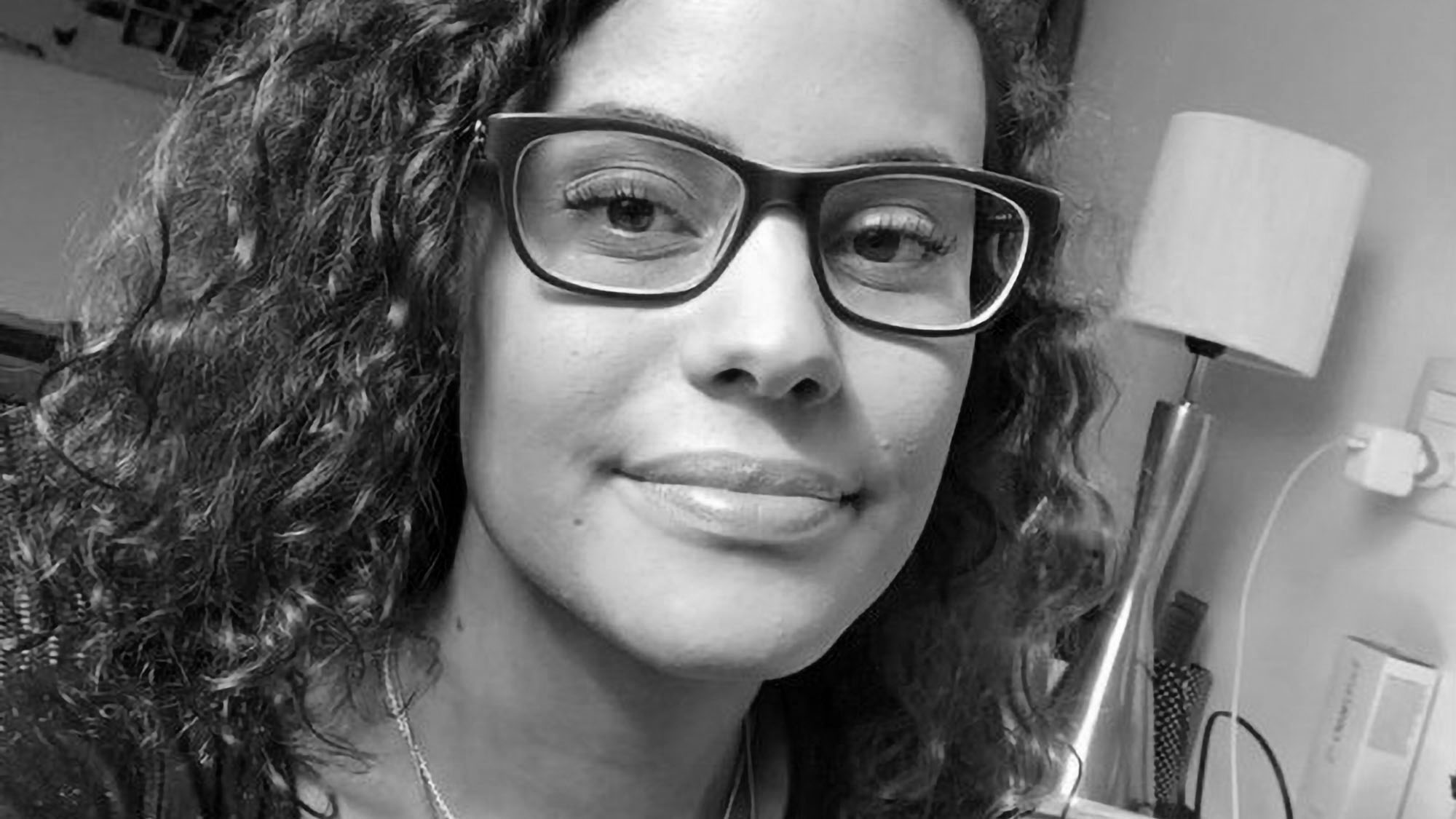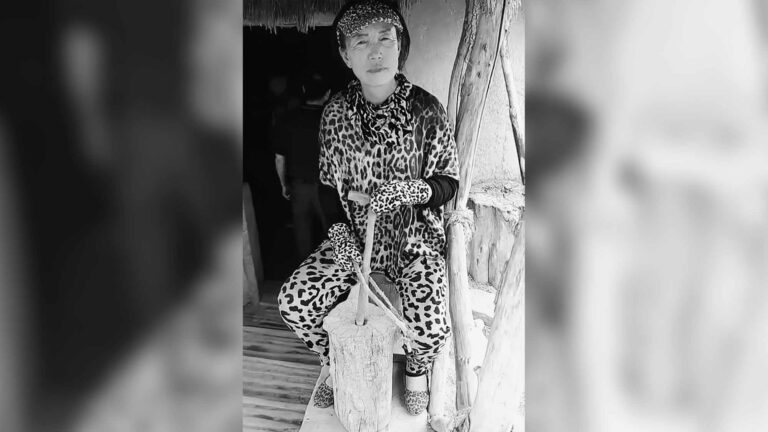A quota scheme to try to increase the number of BAME employees in the Brazilian justice system only applies to ugly candidates after a black woman whose ancestors were slaves was told she did not qualify because she was too pretty.
Economist Rebeca da Silva Mello, 28, originally got through the selection process for a job as a technical analyst at the Brazilian Federal Public Prosecutor’s Office in 2018.
But the mixed-ethnic background candidate was then disqualified from the organisation’s positive-discrimination scheme aimed at recruiting more BAME employees because she was too “pretty” to have ever really suffered discrimination.
The decision was handed down by Cebraspe, which ran the selection process, notifying her that she was disqualified because she was “a pretty woman”. Cebraspe is one of the main Brazilian organisations working on job selections, evaluations and certifications.
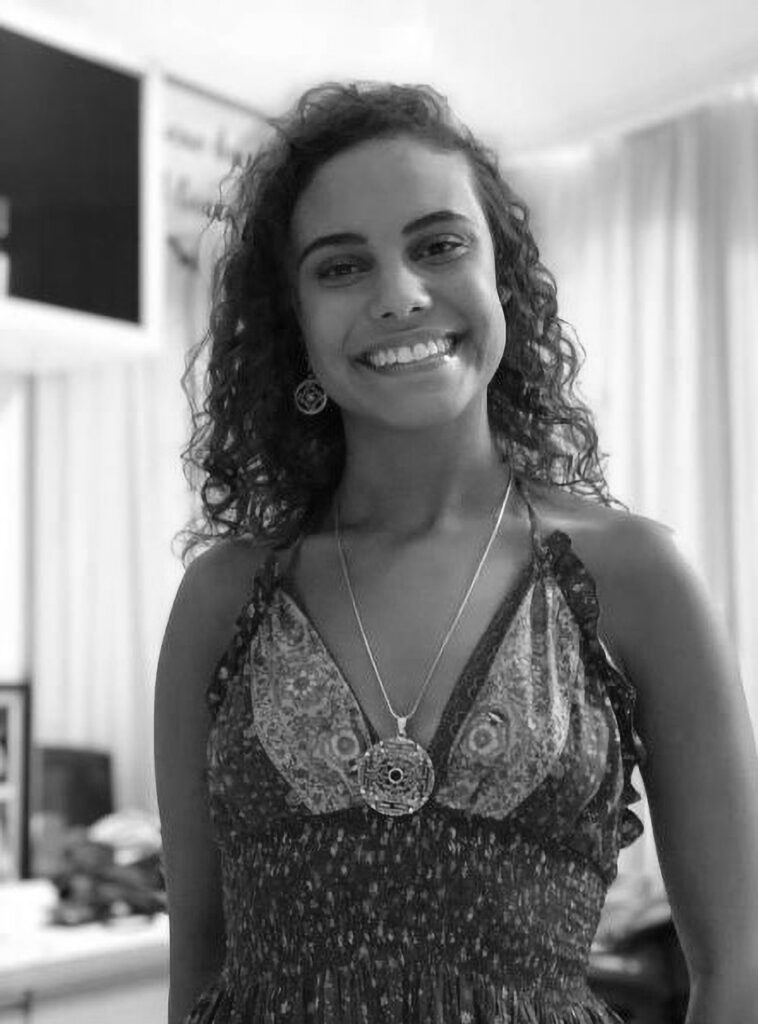
Rebeca da Silva Mello (28), the black candidate who passed a contest by the Federal Public Prosecutor’s Office 2018, but was disqualified by the organizing board and sued them 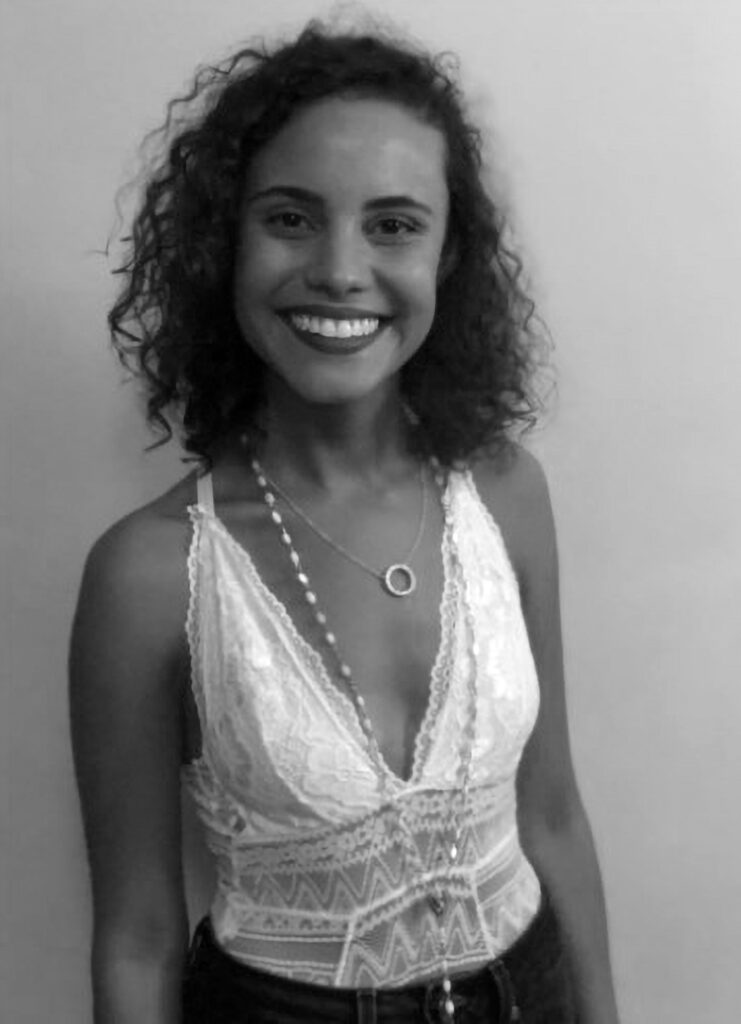
Rebeca da Silva Mello (28), the black candidate who passed a contest by the Federal Public Prosecutor’s Office 2018, but was disqualified by the organizing board and sued them
In an official statement on the matter they said: “Because she is a pretty woman and her features are not typically black (curly hair, extremely accentuated nose and lips, visibly black skin colour), she would not have suffered discrimination, so, even though she may be black or mixed, she should be excluded from the quota.”
However, Cebraspe later claimed that it was misrepresented, adding that it “never evaluates beauty or aesthetic standards”.
The organisation added that what it had been trying to say was that the candidate’s phenotypic characteristics did not pass its threshold for the scheme aimed at black people. However, this explanation was rejected in an employment tribunal which found in favour of the young woman.
Mello had also revealed that she had already passed three other assessments made by the same organisation and that she was originally considered an appropriate candidate for the scheme.
She told local news site G1: “They have a crazy standard of what counts as black in their head when choosing who is black or not. I think they believe that only dark-skinned black people qualify.”
Mello told G1 she had documents proving she was the descendant of runaway slaves, but that Cebraspe was not interested in reviewing them.
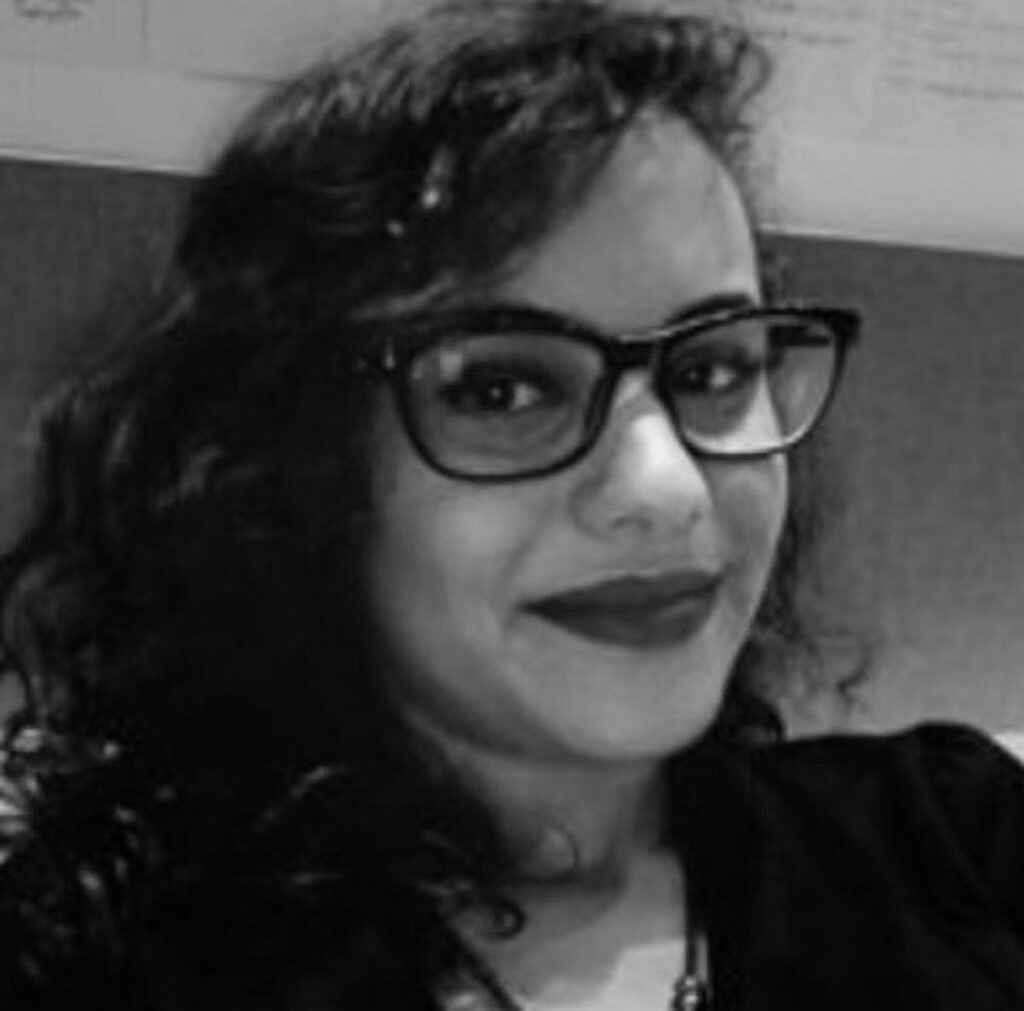
Rebeca da Silva Mello (28), the black candidate who passed a contest by the Federal Public Prosecutor’s Office 2018, but was disqualified by the organizing board and sued them 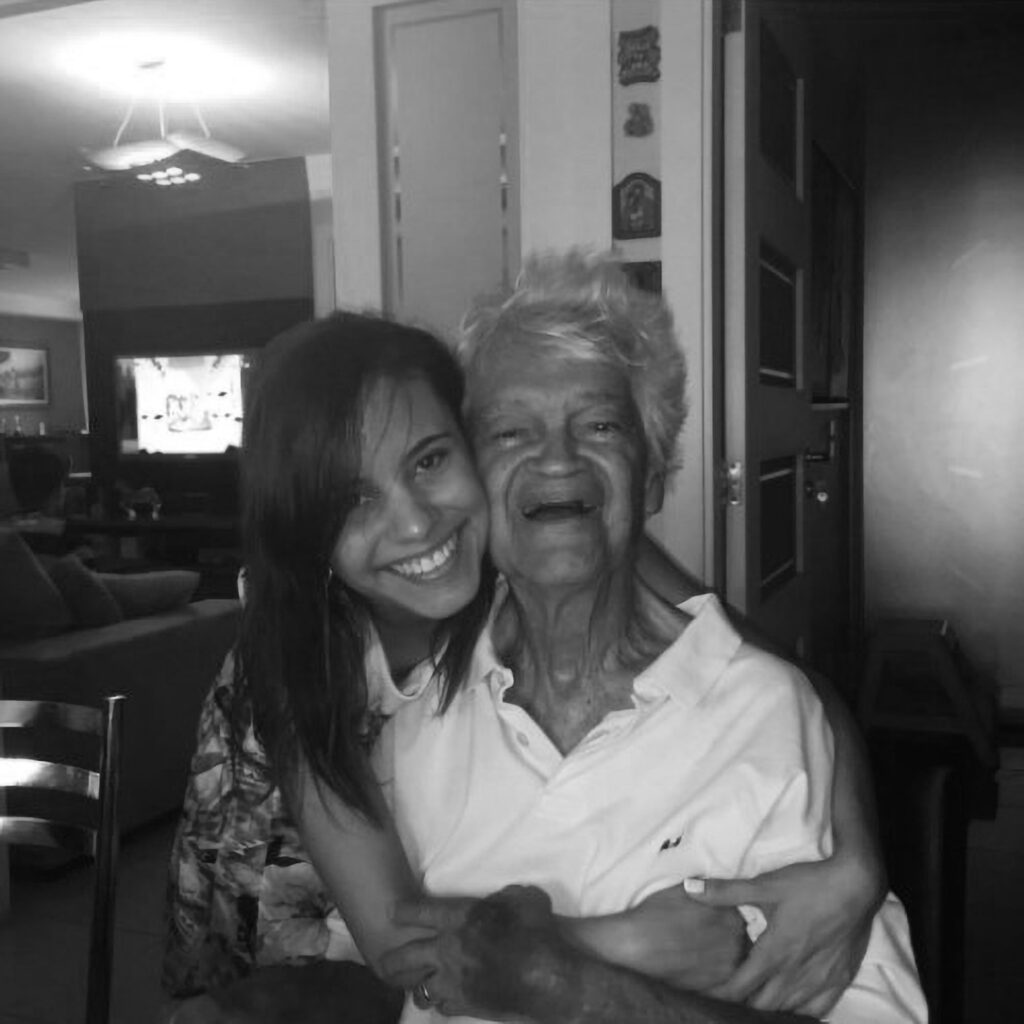
Rebeca da Silva Mello (28), the black candidate who passed a contest by the Federal Public Prosecutor’s Office 2018, but was disqualified by the organizing board and sued them
Mello took legal action against Cebraspe and the court found in the woman’s favour, resulting in her being reinstated in the selection process. The court ruled that aesthetic considerations and beauty standards should not be taken into account when deciding who counts as black, and said Cebraspe’s decision to exclude Mello was “subjective”.
Mello hopes to be able to start working in the job after the coronavirus pandemic is over.
To find out more about the author, editor or agency that supplied this story – please click below.
Story By: William McGee, Sub-Editor: Marija Stojkoska, Agency: Newsflash
The Ananova page is created by and dedicated to professional, independent freelance journalists. It is a place for us to showcase our work. When our news is sold to our media partners, we will include the link here.

